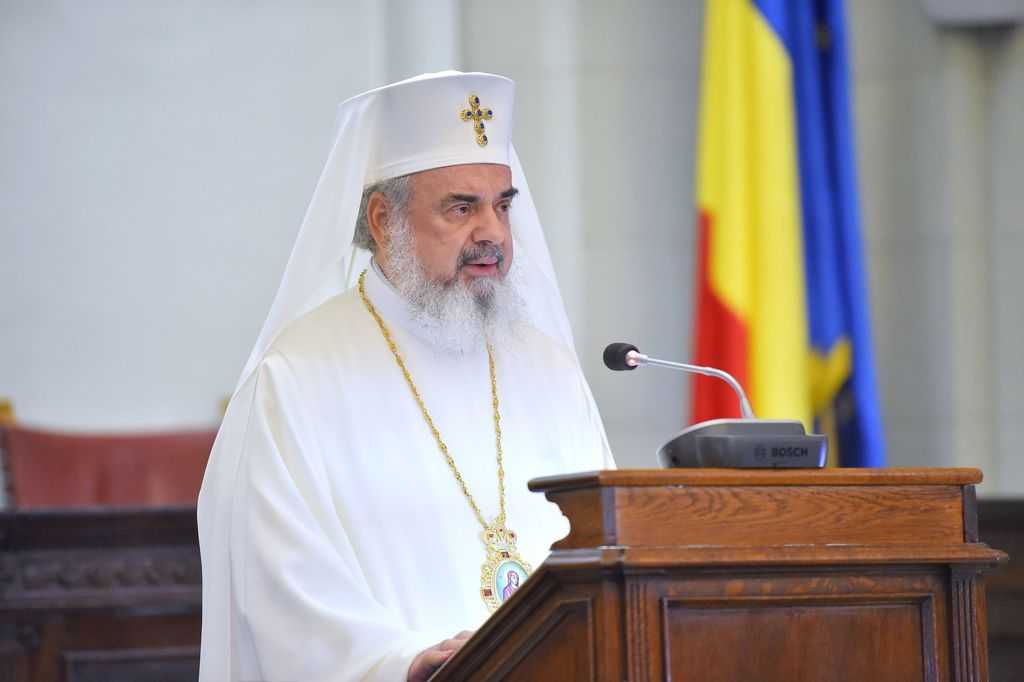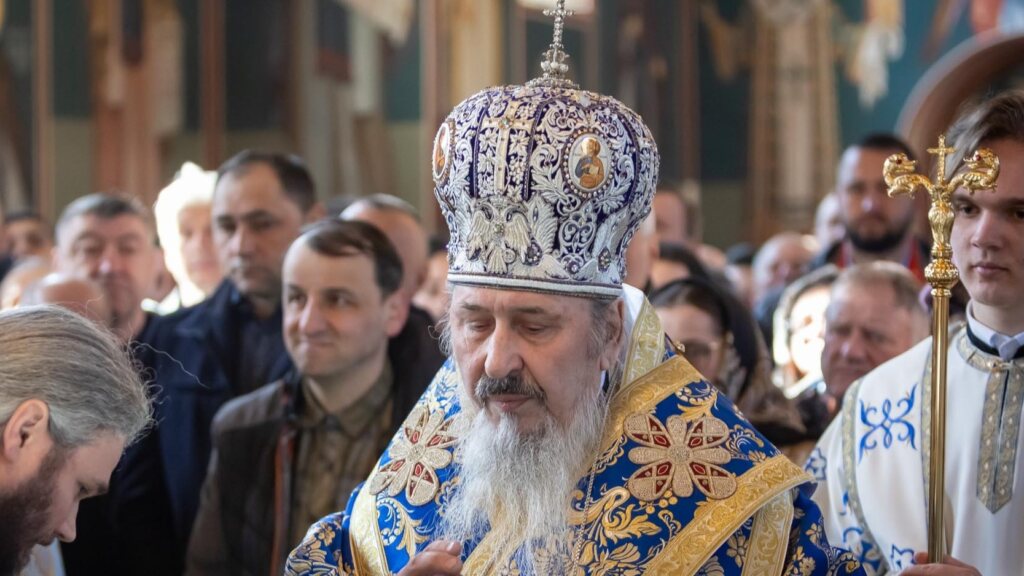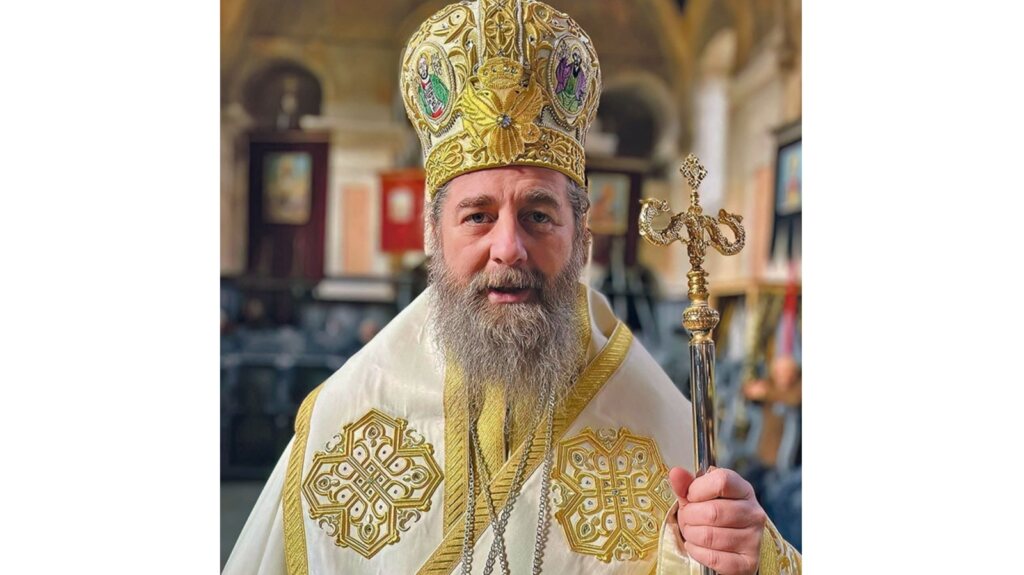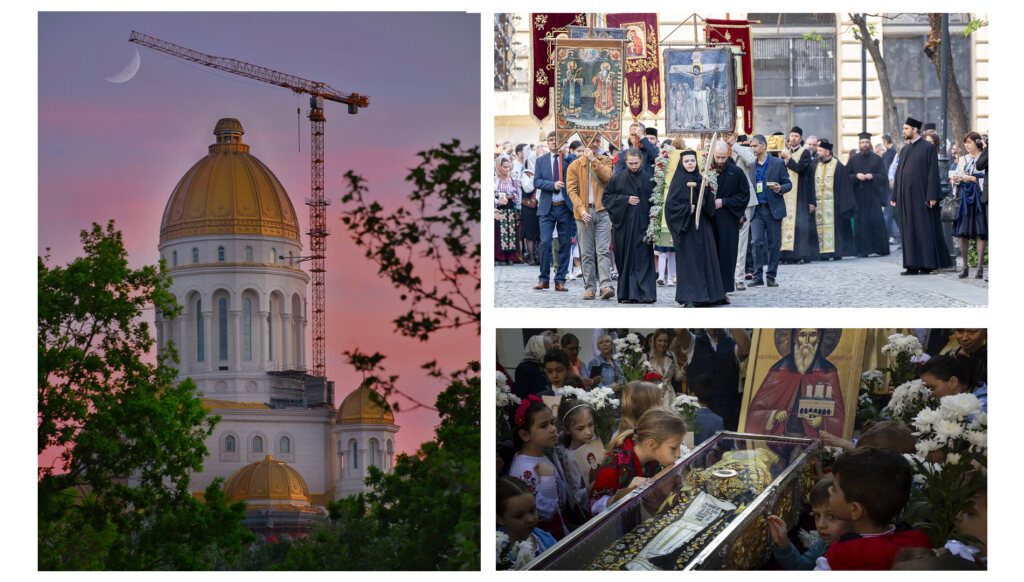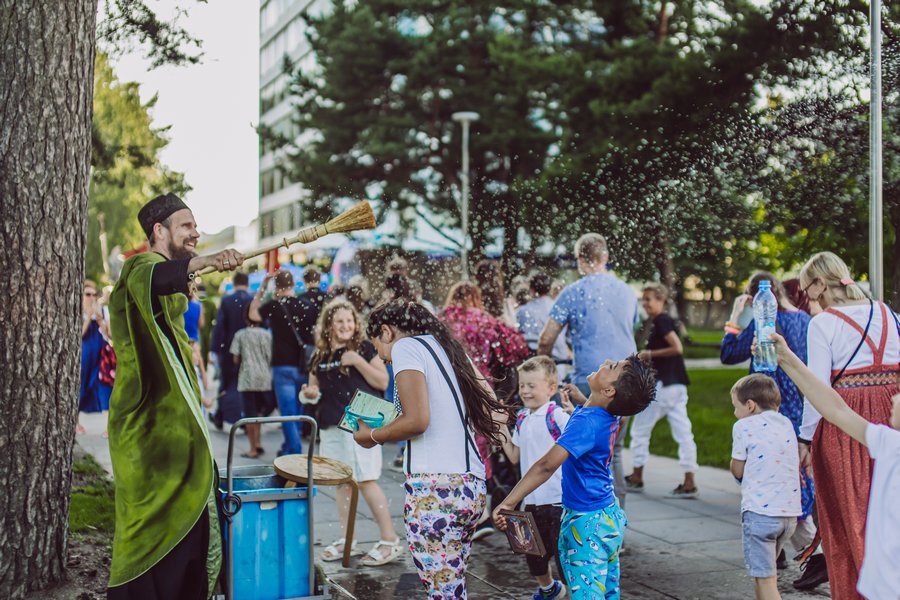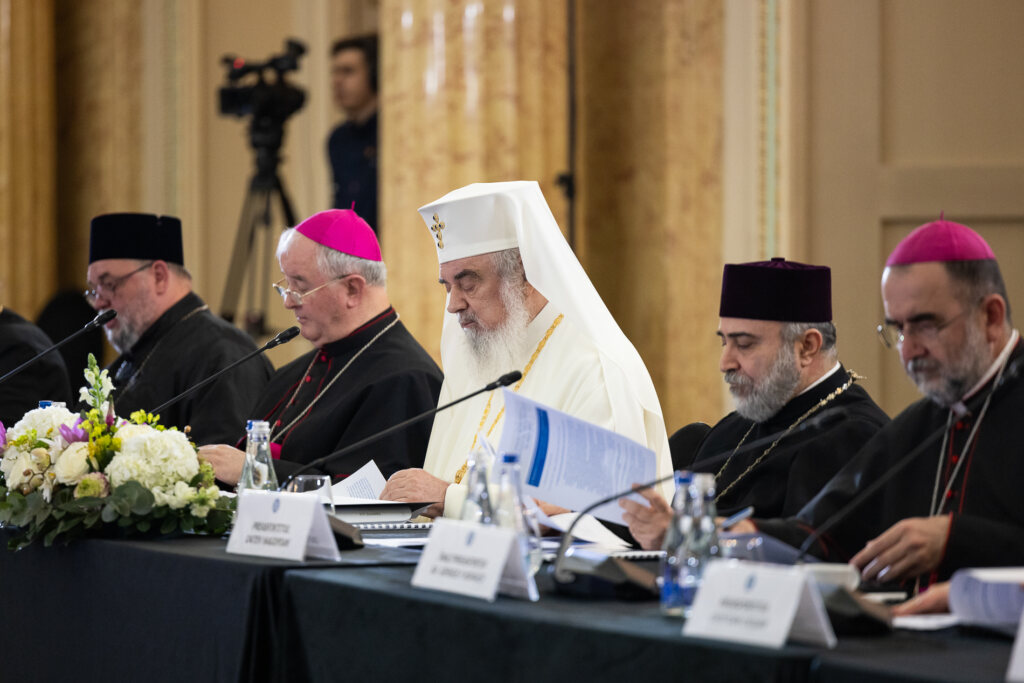The Address of His Beatitude Daniel, Patriarch of the Romanian Orthodox Church, delivered for the International Congress of Theology The Life of Orthodox Churches During the Communist Regime – Persecution, Resistance, Confessing, 23-29 October 2017, the Patriarchal Palace in Bucharest.
The International Congress of Theology The Life of Orthodox Churches During the Communist Regime – Persecution, Resistance, Confessing, jointly organized by the Romanian Patriarchate through its Theological-Education Department, and Patriarch Justinian Faculty of Orthodox Theology – Bucharest, with the support of the State Secretariat for Religious Affairs, is a significant event in the series dedicated to the Commemorative Year „Patriarch Justinian and the defenders of Orthodoxy during the communist times”.
The Congress takes place between 23-29 October 2017, at the Patriarchal Palace in Bucharest, and is attended by representatives of state institutions, hierarchs, priests, professors and experts, both Romanian and foreign.
The Congress proceedings include the following four sections:
- The hostility of atheist communism against religion: its manifestations;
- The life of parishes, monasteries and theological schools during the communist era;
- Patriarch Justinian’s personality, courage and wisdom during the communist era;
- Honouring the memory of the confessors and defenders of Orthodoxy – a token of gratitude and a source for spiritual and pastoral renewal today.
By organizing the present Congress, we offer due honour to the memory of all those persecuted for their confession of the Orthodox faith, under the communist totalitarian regime.
The Romanian Patriarchate’s initiative proclaiming the current year as Commemorative Year of Patriarch Justinian and of Defenders of Orthodoxy during communism, celebrates 40 years since the repose in the Lord of the worthy of remembrance Patriarch Justinian, as well as all hierarchs, priests, and laypersons who confessed and defended the Orthodox faith in Christ, during the communist times.
Patriarch Justinian Marina led the Romanian Orthodox Church for almost three decades (24 May 1948 – †26 March 1977), the time of the harshest persecutions against the Church from the part of the atheist communist regime, which seized the power in Romania after March 1945.
Boldly and with tact, with great diplomacy and perseverance, he strove to protect the Church against the systematic attacks coming from the political authorities, opting for a firm resistance sometimes dissimulated as a „favourable” discourse offered to the communist leaders. He made extremely great efforts to oppose the abuse and interference of the communist party in the Church life, and the party’s attempts to turn the Church into a powerless institution, tolerated but undermined, and relegated to an insignificant position in society.
Aware of the tragedy of other Orthodox Churches who overtly opposed communism, Patriarch Justinian made great efforts to ensure the continuation of liturgical life and of the Church as an institution, thus enabling it to keep serving and enlightening a Christian nation, oppressed by an atheist political regime.
Patriarch Justinian was a promoter of pan-Orthodox and inter-Christian dialogue. In addition to his extensive activity in the administrative, construction development and cultural-missionary realm, under a communist dictatorship restricting and putting pressure on Church life, Patriarch Justinian succeeded, by virtue of his unwavering patience and practical wisdom, in developing close bonds with the sister Orthodox Churches as well as other Christian communities. He was a wise and dignified representative of the Romanian Orthodox Church at international events – inter-Orthodox assemblies or inter-Christian meetings.
A highly significant moment was the visit of the delegates from most Orthodox countries to Bucharest, on 28 February 1955, for the solemn proclamation of the canonization of Romanian saints, which Patriarch Justinian decided to celebrate on the anniversary of 70 years since our Church’s Autocephaly was acknowledged (1885) and 30 years since its elevation to the rank of Patriarchate (1925).
This constituted further proof to the communist regime that the Patriarch maintained foreign cooperation relationships, as demonstrated the participation of representatives of our sister Orthodox Churches in major events in the life of the Romanian Orthodox Church.
His pastoral, missionary, building, cultural and social activity for the benefit of the Romanian Orthodox Church, is to us today – hierarchs, clergy and laypersons – a luminous example of living faith and zealous work in the service of our Saviour Jesus Christ and His Church.
The steadfastness and dignity of Christian confessors who followed Saviour Jesus Christ, even in the communist prisons, by observing His commandment to forgive persecutors, calls us to confess and defend our Orthodox faith, at any time and under any circumstances.
By attending this Congress, the representatives of Orthodox Churches that suffered during the communist era offer a common testimony by honouring the memory of those who confessed and defended the Orthodox faith, even at the cost of their lives, during persecution times.
We pray Lord Jesus Christ, the Crucified and Resurrected Lord, to rest together with the righteous and the martyrs, the souls of all who confessed the Orthodox faith and never abandoned the Orthodox Church at difficult times.
We congratulate the organizers of this Congress, and bless all participants, in the hope that this academic event will contribute to enhancing the spiritual bonds between our Orthodox Churches and peoples, in order to confess and promote the Orthodox Christian faith in a pluralistic society, challenged by multiple (moral, social and economic) crises, as well as the phenomena of secularization and immigration.
Under the atheist communism, the major question facing a Christian was: how can one achieve freedom of thought and action? Today, however, the major question is: what do we do with our freedom, how do we use it? How do we communicate, how do we work together in order to sustain the mission of the Church in today’s world?
† DANIEL
Patriarch of The Romanian Orthodox Church
